One of the sweetest treats of the fall/winter season for many of us is roasted pumpkin. In addition to being so aromatic and delicious, however, it can also be extremely healthy. Despite the frequent debate whether it is a fruit or a vegetable, the beloved pumpkin has already appeared on the colorful autumn market.
Pumpkin is a plant genus of the Cucurbitaceae family. Its stem reaches an enviable 4-5 meters. It has large leaves with long and hollow stems. As with most cultivated plants, pumpkins come in different varieties, with a wide variety in the shape and color (orange, yellow, white, cream) of the fruit.
It is believed that the history of the pumpkin began in Peru about 5, 000 years ago. The Indians were the first people who were involved in the cultivation of the plant. In Europe in the XVI century, for the first time Christopher Columbus brought pumpkins. Before long they spread across the continent.
Pumpkin is so valued mainly, because of its rich nutritional value, closely resembling that of potatoes. It has valuable dietary and taste qualities. The content of the ripe fruit of the relatively high-quality varieties represents a significantly small amount of proteins and fats, a larger amount of sugars (sucrose and glucose), as well as water.
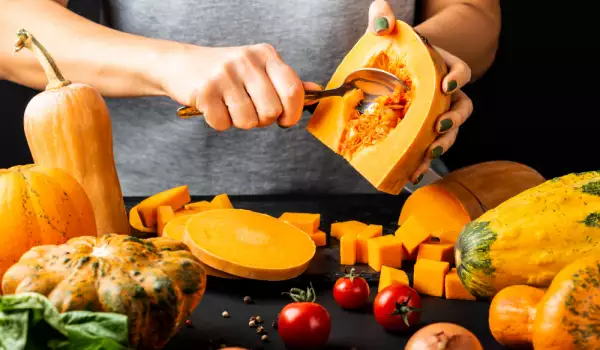
100 grams of pumpkin contain on average:
Proteins - 1 gram
Carbohydrate - 6.5 grams
Fat - 0.1 grams
Cholesterol - 0
Calorie content - 26
It should also be mentioned that only 100 grams of pumpkin contains about 15 mg of vitamin C.
Pumpkin is a good source of the minerals potassium and phosphorus. This makes the pumpkin a suitable food for kidney and cardiovascular diseases. It is also rich in substances such as calcium, magnesium, iron, copper and cobalt.
In addition to the fleshy part of the pumpkin, its seeds are also extremely healthy. Rich in oils, protein and resinous substances, the important thing when consuming it is to avoid excessive salting.
They can be found in muesli, bread, etc. Pumpkin seeds are particularly good for those suffering from chronic inflammation of the liver, gastritis, colitis, anemia, hypertension and osteoporosis.
Also read why pumpkin is healthy, how to freeze pumpkin and how to peel pumpkin.
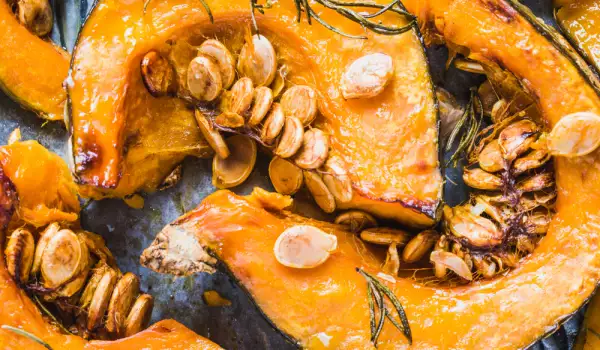
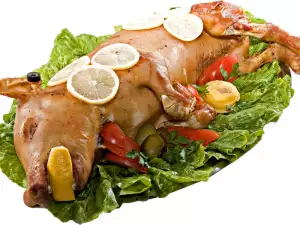
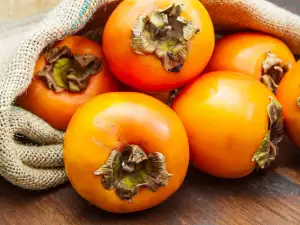
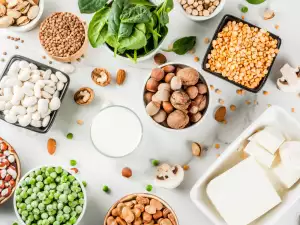
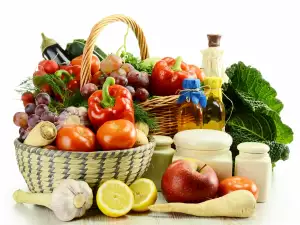
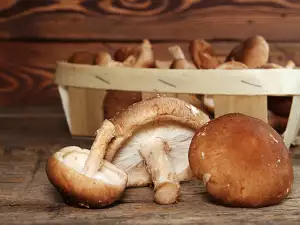

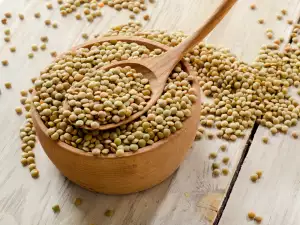
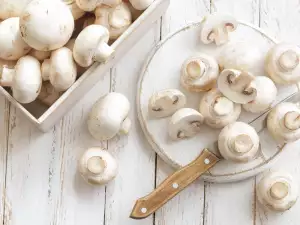
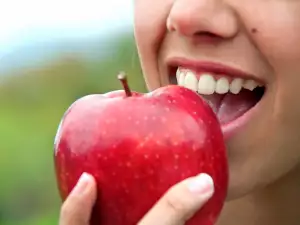
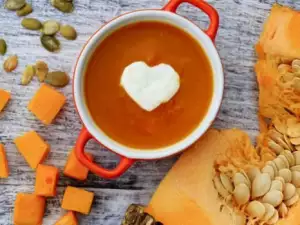
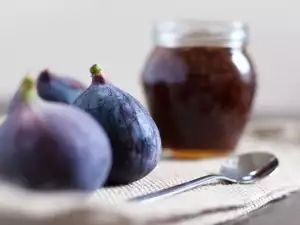
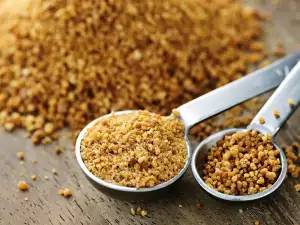
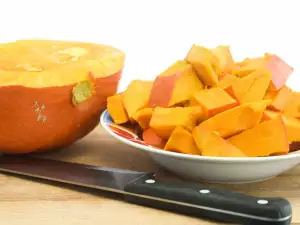
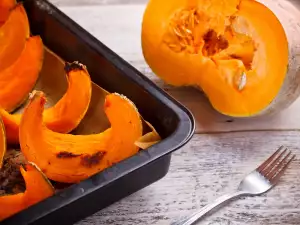
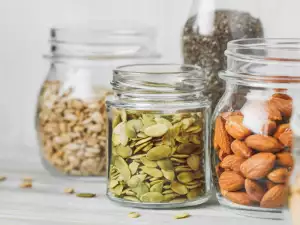




Comments